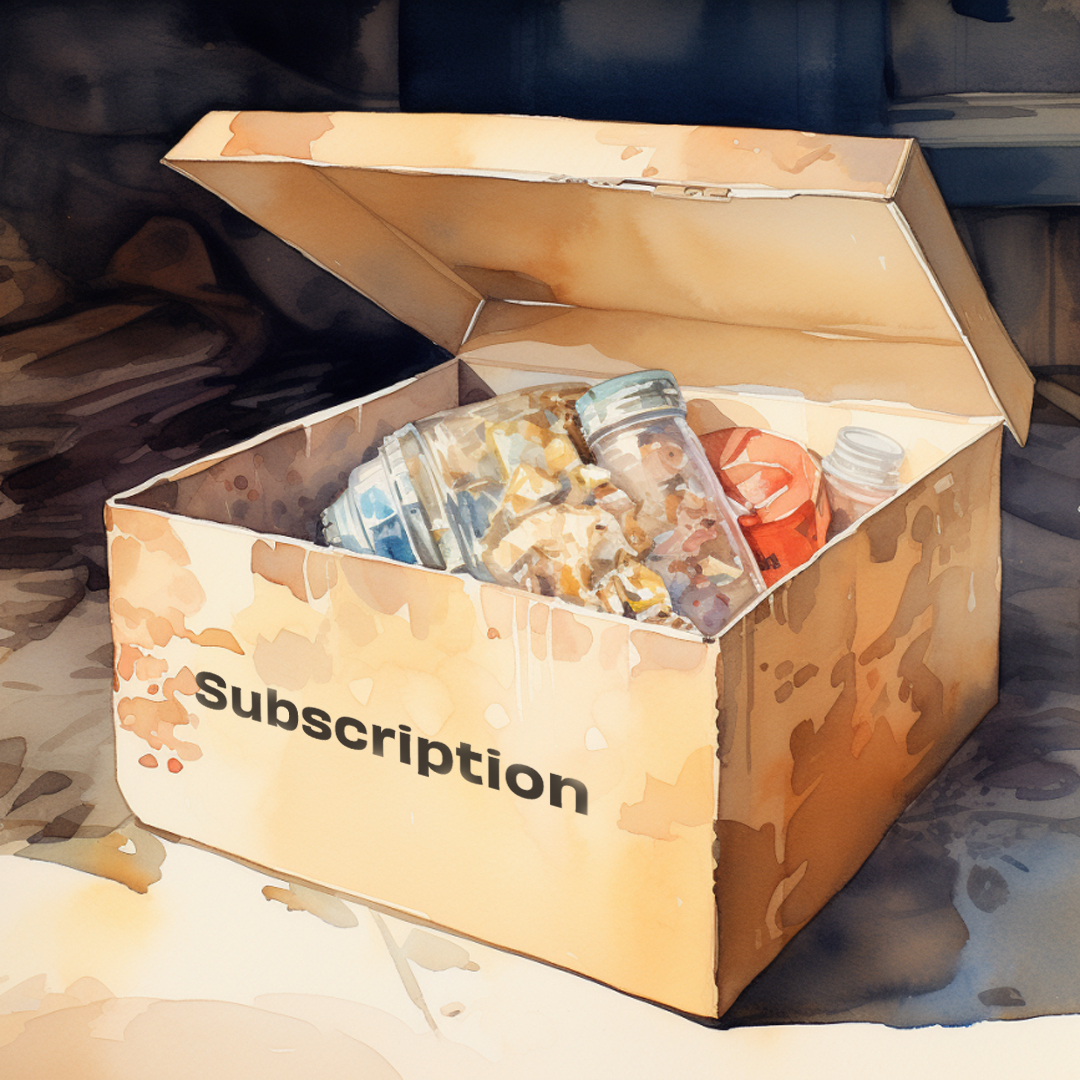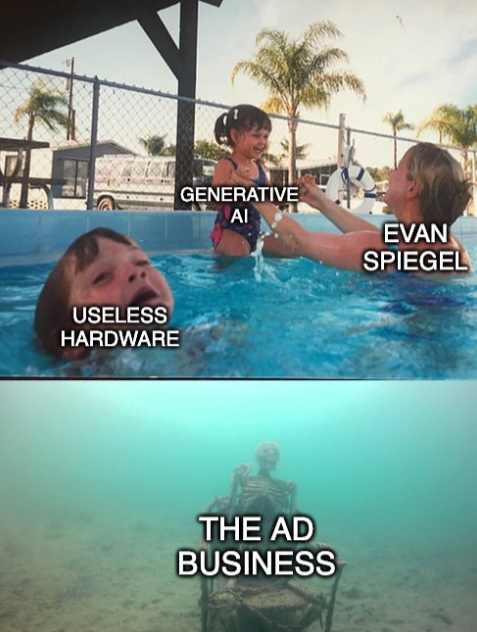
Twitter’s Future Is a Return to Elon Musk’s Past, Threads Isn’t About Twitter, Be Sincere—Not Serious, and more!
Everything we published this week
July 29, 2023 · Updated December 28, 2025
Hello and happy Sunday!
Early-bird registration is ending for our How to Build an AI Chatbot course! It's 5 week course with Dan Shipper—currently available for Every paid subscribers for $1,300. The price goes up Monday, July 31st.
We've seen overwhelming demand already—if you want to ensure you get a seat at a great price sign up now:
Now, onto the articles.
Twitter's Future Is a Return to Elon Musk's Past
Gareth EdwardsNearly 25 years ago, Musk channeled his obsession with creating a "one-stop-shop" for financial services into a company that he called X. Despite its rapid growth and innovative approach, X was beset by challenges of ideology, personnel, and competition. Musk's unwavering commitment to his grand plan led to an unexpected merger with a rival led by Peter Thiel and the ultimately short-lived reign of Musk as X's CEO.
In this essay, Gareth Edwards dives into the tension-filled dynamics of the first incarnation of X. He reveals the power struggles—including a boardroom coup that Thiel sprung on Musk during the latter's honeymoon—strategic pivots, and intense competition that characterized the early days of the company—and explains what that says about Twitters' future.
Threads Isn't About Twitter. It's About Resetting Instagram's Social Graph
Carmel DeAmicisThreads, Meta's latest venture, isn't just an attempt to rival Twitter—it's a mechanism to reset Instagram's social graph, argues Michael Sayman, the creator of Meta's "teens team."
In an interview with Carmel DeAmicis, he explains how he sees Threads as a key tool to combat the issue of outdated connections on social media platforms, a problem that could undermine Meta's "superpower" social graph. With users becoming less comfortable with sharing personal content, Sayman speculates that the launch of Threads is an attempt to reengage users and restore relevance to Meta's social graph. Sayman—who taught Mark Zuckerberg how to use Snapchat—also provides a unique insight into Meta's approach to product development.
Be Sincere—Not Serious
Michael Ashcroft / Expanding AwarenessHave you ever noticed how your attitude at work can flip between stress and fun, even when your workload is the same? Michael Ashcroft explores this phenomenon in his latest piece, delving into the concept of "seriousness" versus "sincerity."
Drawing on the philosophies of British philosopher Alan Watts and American comedian Bill Hicks, Ashcroft argues that our approach to life, whether it's serious or sincere, can largely affect our experience. He explains the pitfalls of treating life like a finite game to win, rather than an infinite game aimed at continuous play. Moving away from stress-inducing seriousness toward liberating sincerity in all aspects of life, he argues, can not only improve one's immediate experience but also lead to better performance.
How to Build a Successful Consumer Subscription Business
Casey WintersThe consumer subscription business model, although challenging, can produce significant returns when executed correctly, according to Casey Winters, an ex-chief product officer at Eventbrite.
Despite the success of B2B subscription models at companies like Salesforce, Shopify, and Slack, their consumer counterparts (think Netflix, Spotify, and Amazon) often struggle due to higher churn rates, lesser average revenue per customer, lack of net dollar retention, and more difficult customer acquisition. Winters offers potential strategies for overcoming these challenges such as leveraging network effects, diversifying products earlier in the business lifecycle, exploring less saturated acquisition channels, and expanding into B2B offerings.
Snap's Probably Screwed (Again)
Evan Armstrong / Napkin MatchSnap's recently reported Q2 earnings, and their stock dropped 17%. In his second look at the company, Evan Armstrong dissects how Snap managed to underperform despite launching Generative AI and subscription products. He uncovers two main pitfalls of the company's strategy: attempting to disguise lackluster growth with "innovation" and a flawed monetization model. For Snap to regain its footing, a refocus on its ad products and a drastic reevaluation of what the company can be are required.
Will Snap manage to turn things around, or is it on the verge of an irreversible downfall?
That's all for this week!
The Only Subscription
You Need to
Stay at the
Edge of AI
The essential toolkit for those shaping the future
"This might be the best value you
can get from an AI subscription."
- Jay S.
Join 100,000+ leaders, builders, and innovators

Email address
Already have an account? Sign in
What is included in a subscription?
Daily insights from AI pioneers + early access to powerful AI tools












Comments
Don't have an account? Sign up!